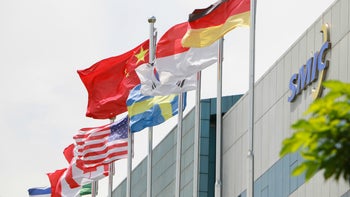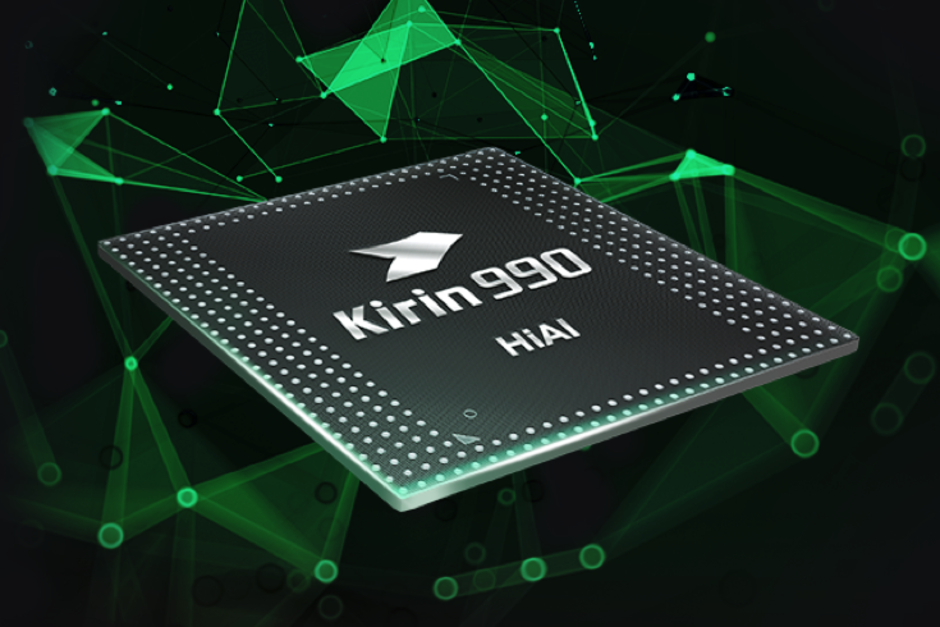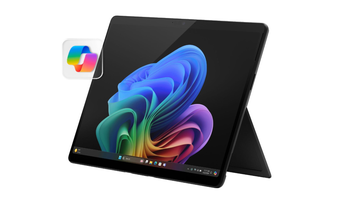China invests $2.2 billion in domestic foundry SMIC

Now that U.S. President Donald Trump has control over shipments of chipsets to Huawei, the latter is going to have to come up with alternative plans if it wants to keep producing high-end phones. The manufacturer obviously sensed that something was going to happen because last month we told you that it had started moving some chip production for its mid-range phones to SMIC. The latter is the largest foundry in China and because it produces chips using equipment totally covered by Chinese intellectual property, the U.S. should not be able to determine whether SMIC can ship chips to Huawei.
SMIC's most cutting-edge chips are currently produced using the 14nm process node
The problem is that at this point in time, SMIC's most cutting-edge process node is 14nm compared to the 5nm chips that TSMC might still be able to deliver to Huawei this year for the Mate 40 series due out around the fourth quarter. On Friday, the U.S. made a change to an export rule that now blocks Huawei from being shipped chips from any foundry that uses U.S. chipmaking equipment. While the rule change already took effect on Friday, the U.S. is giving Huawei permission to receive chips made from wafers already in production as long as they are delivered no later than 120 days from this past Friday. That break might allow it to have enough 5nm Kirin chipsets on hand later this year to build a decent amount of Mate 40 phones.

For now, Huawei's top phones are powered by the TSMC built 7nm Kirin 990 5G chipset
For Huawei not to rely on the mercurial temperament of Donald Trump, SMIC is going to have to play catch up to TSMC rather quickly. Bloomberg reports today that China invested $2.25 billion USD of state-backed funds in a wafer factory that will help SMIC produce the kind of cutting-edge chips that Huawei will need. After the capital injection is made, SMIC's stake in this particular facility will drop from 50.1% to 38.5%. The factory will see the capacity of wafer production rise from 6,000 14nm wafers a month to 35,000. Last week, we told you that SMIC has started pushing out the 14nm Kirin 710A chipset for Huawei's mid-range handsets like the HonorPlay 4T. SMIC's roadmap calls for the production of 10nm and 7nm chips soon.
The process node is based on the transistor density of a chip. At 14nm, approximately 35 million to 40 million transistors fit in a square mm. TSMC's 5nm chips (like the Apple A14 Bionic and the upcoming Kirin 1012) pack 171.3 million transistors into a square mm. The more transistors inside a chip, the more powerful and energy-efficient it is. Speaking of TSMC, back in March there was a report that the Trump administration was asking the foundry to built a plant in the states and announce it before the election. The Wall Street Journal announced last week that the world's largest independent foundry will soon announce its intention to build a factory in Arizona that will start production of 5nm chips in 2023.
Almost exactly a year ago, the U.S. Commerce Department placed Huawei on the Entity List blocking it from accessing its U.S. supply chain. This prevents the company from licensing Google Mobile Services and allowing apps like the Google Play Store, Google Maps, Google Search, Gmail, Drive, and others from running on its phones. This doesn't matter in China where most Google apps are banned anyway. However, it does make a difference to those purchasing an international version of a Huawei phone. Still, Huawei managed to increase its smartphone shipments by 17% during 2019. After delivering 240 million phones last year, Huawei surpassed Apple to become the second-largest smartphone manufacturer in the world topped only by Samsung.
The U.S. considers Huawei to be a national security threat because of its perceived ties to the communist Chinese government. Besides ranking as the world's second-largest smartphone manufacturer, the company is also the largest supplier of networking equipment in the world; the U.S. has warned its allies not to use Huawei's equipment to build out their 5G networks.










Things that are NOT allowed: